Happy National Chemistry Week! In honor of this celebration, we’re showcasing posts that focus on elements crucial for human health and scientific exploration. NIGMS-supported scientists are studying how each of these elements (and many others) can impact human health. Check out the list below to learn more, and let us know what your favorite element is in the comments section!
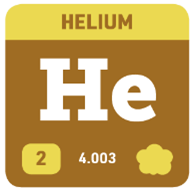 Credit: Adapted from Compound Interest. CC BY-NC-ND 4.0.
Credit: Adapted from Compound Interest. CC BY-NC-ND 4.0.
Helium: An Abundant History and a Shortage Threatening Scientific Tools
Scientists first discovered helium burning on the surface of the sun. Today, liquid helium plays an essential role in supercooling vital scientific and medical equipment, such as magnetic resonance imaging machines that take images of our internal organs. Unfortunately, our complex history with the element has led to a recent shortage that threatens some types of scientific research.
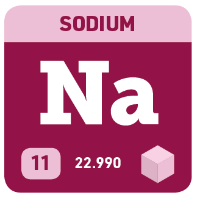 Credit: Adapted from Compound Interest. CC BY-NC-ND 4.0.
Credit: Adapted from Compound Interest. CC BY-NC-ND 4.0.
Pass the Salt: Sodium’s Role in Nerve Signaling and Stress on Blood Vessels
Meals just wouldn’t be the same without salt, the most common sodium compound. And the human body wouldn’t be the same without it, either. Our nerves and muscles both require the element to function properly. But too much of it can cause high blood pressure.
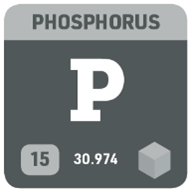 Credit: Adapted from Compound Interest. CC BY-NC-ND 4.0.
Credit: Adapted from Compound Interest. CC BY-NC-ND 4.0.
Phosphorus: Glowing, Flammable, and Essential to Our Cells
Phosphorus is an important component of flares and fireworks. As one of 25 essential elements that make up our bodies, it’s also crucial for a wide range of cell functions, including holding our DNA together.
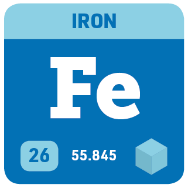 Credit: Adapted from Compound Interest. CC BY-NC-ND 4.0.
Credit: Adapted from Compound Interest. CC BY-NC-ND 4.0.
Pumping Iron: The Heavy Lifting Iron Does in Our Bodies
All living organisms need iron. In humans, it’s essential for transporting oxygen throughout the body, and many of our enzymes need it to function. Not getting enough iron can lead to weakness, fatigue, stomach upset, and other problems.
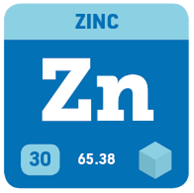 Credit: Adapted from Compound Interest. CC BY-NC-ND 4.0.
Credit: Adapted from Compound Interest. CC BY-NC-ND 4.0.
Zinc: Zapping Invaders
Zinc is essential for a wide range of biological processes, including fighting infections and building proteins. It’s also important for proper taste and smell, as well as physical growth. NIGMS-supported scientists are exploring zinc’s role in human health.
Check out our other posts on elements.

